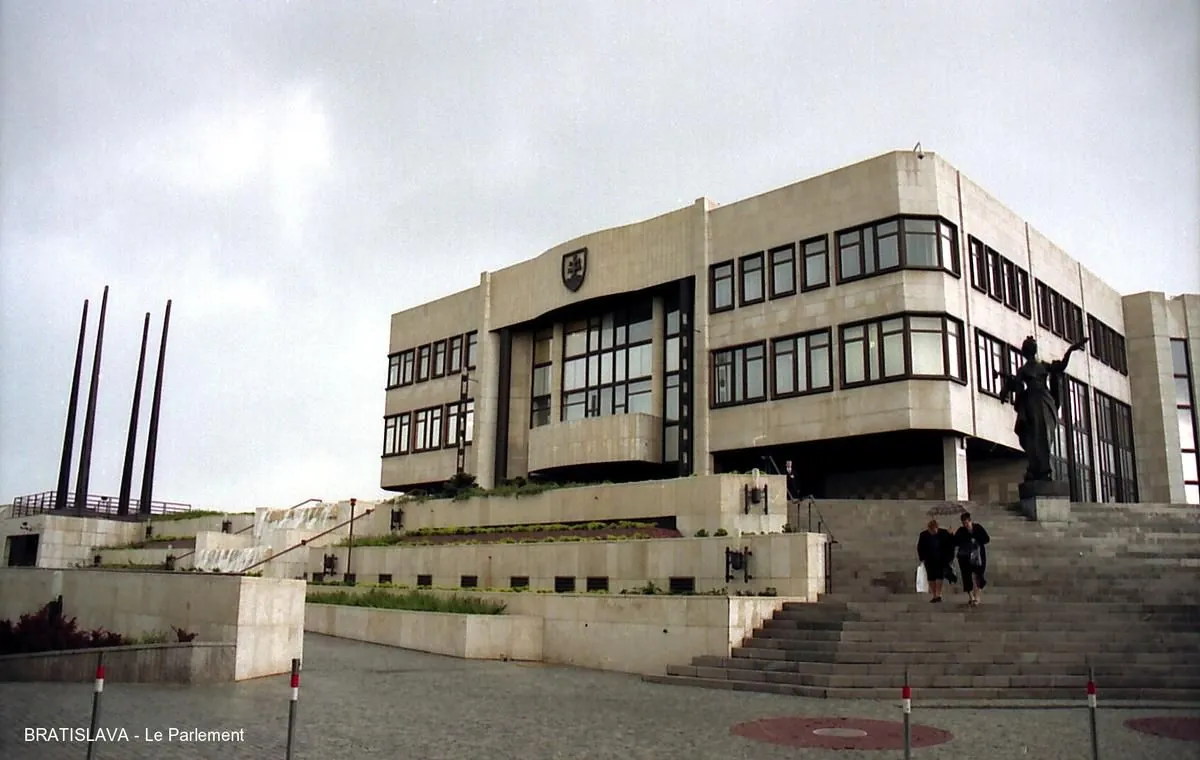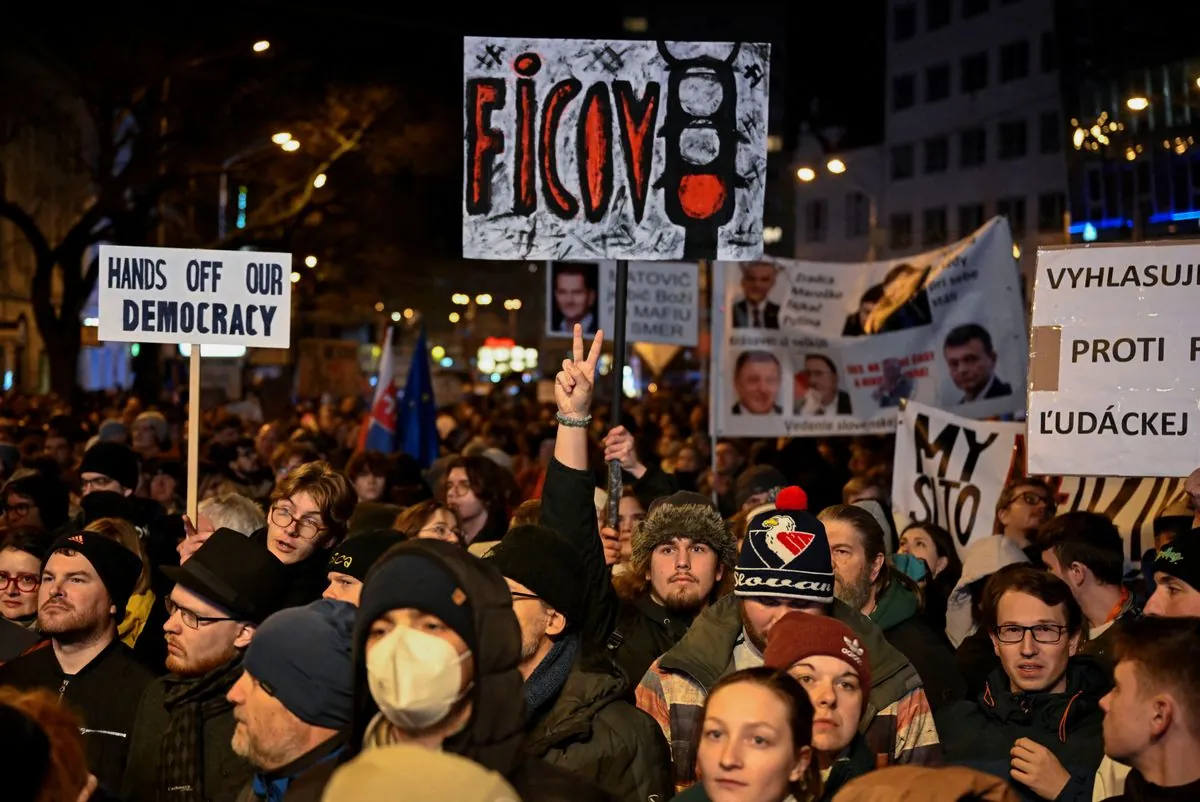Slovak Opposition Seeks Ministers' Dismissal Amid Public Unrest
Slovak opposition parties call for dismissal of culture and justice ministers following controversial decisions. Public protests reflect ongoing tensions in the country's political landscape.

In a recent development in Slovak politics, opposition parties have announced their intention to initiate a parliamentary vote for the dismissal of the country's culture and justice ministers. This move comes in response to a series of controversial actions that have sparked public outcry and protests.
The proposed dismissals target the ministers responsible for recent shake-ups in cultural institutions and changes in the justice system. These actions have drawn criticism from various sectors of Slovak society, including artists, actors, and legal professionals.
Martina Simkovicova, the Culture Minister from the SNS party, has faced backlash for her decision to remove the heads of the national theatre and gallery. The opposition claims these dismissals were unjustified and politically motivated. Zora Jaurova, a member of parliament from the Progressive Slovakia party, expressed strong criticism of Simkovicova's tenure, stating, > [[Opposition MP Zora Jaurova]] "In 10 months, she managed to disintegrate almost everything we have in culture."
The justice minister has also come under fire for using special authority to release a former prosecutor from jail pending appeal. This individual had been sentenced to 8 years for corruption during a previous administration led by current Prime Minister Robert Fico.

These events have occurred against a backdrop of significant changes implemented by Fico's government since taking office in October 2023. These changes include:
- Revamping the country's public television and radio (RTVS)
- Disbanding a prosecution branch dealing with corruption
- Easing punishments for financial crimes
The opposition and many journalists view these actions as political interference in public institutions.
It's worth noting that Slovakia, a parliamentary democracy with a population of approximately 5.4 million, has been a member of the European Union and NATO since 2004. The country has a high Human Development Index and is considered a high-income economy, with a strong focus on services and manufacturing.
The current political tensions come just three months after a lone attacker shot and wounded Prime Minister Fico in May 2024. In response to the recent protests, Fico has accused the opposition of stoking hatred and warned that such demonstrations could lead to another attack on a government official.
Despite the opposition's efforts, the dismissal of the ministers seems unlikely as Fico's coalition holds a majority in parliament and has expressed support for the ministers in question.
These events highlight the ongoing challenges in Slovak politics and the delicate balance between government action and public sentiment in a country that has undergone significant political and economic transformations since gaining independence in 1993.


































